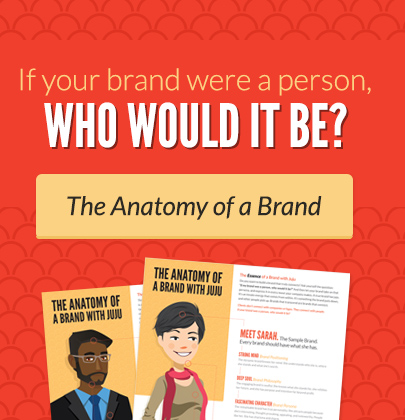Early in my marketing career I worked for a boss who told me never to apologize. She said apologies made us look weak, as a department and as a company. It never felt right to me, and I’m glad the world has changed. Today, apologies aren’t viewed as weak. They’re honest, and they’re necessary. Honest brands build loyalty and connections. Honest brands look at relationships over the long haul.
Given enough time, each of our companies is bound to make a mistake. When is it time to apologize? We apologize when we regret that something occurred; when we’ve had a slip-up that impacts our customers’ lives, wellbeing or happiness. We apologize because we’re wrong or we made an error. We also apologize when our team members have done any of these things.
If apologies are a struggle for you, take a look at what’s really holding you back. According to Harriet Lerner, PhD, author of The Dance of Anger, there are lots of reasons why completely decent people won’t apologize. Are you a perfectionist who is so hard on yourself you don’t have the emotional room to apologize? Do you suffer from shame associated with mistakes that prevents you from saying, “I’m sorry.” Do you feel “over-accused” or worry that you’re putting your head on a chopping block when you apologize? Maybe you feel that apologies are blanket statements of culpability or inadequacy.
Whether or not you see yourself in any of Lerner’s descriptors, if you extend the practice of refusing apologies in your personal life to refusing them for your customers, you run the risk of damaging the very relationships that serve you. Take the time to seriously contemplate the benefits of being right over being connected. Take the time to consider what you’ll get from being indignant about a customer’s remarks, versus being truly open to hearing them. An apology, or any show of vulnerability, creates a bond between people. And it shows your customers that you place a high enough value on their relationships for you or your associates to do the uncomfortable thing.
Is the customer always right? Certainly not. Are you?
The challenge for any good brand is in evaluating situations openly, honestly and even humbly, in order to foster and preserve relationships. And if this seems offensive to you, I’m truly sorry.



